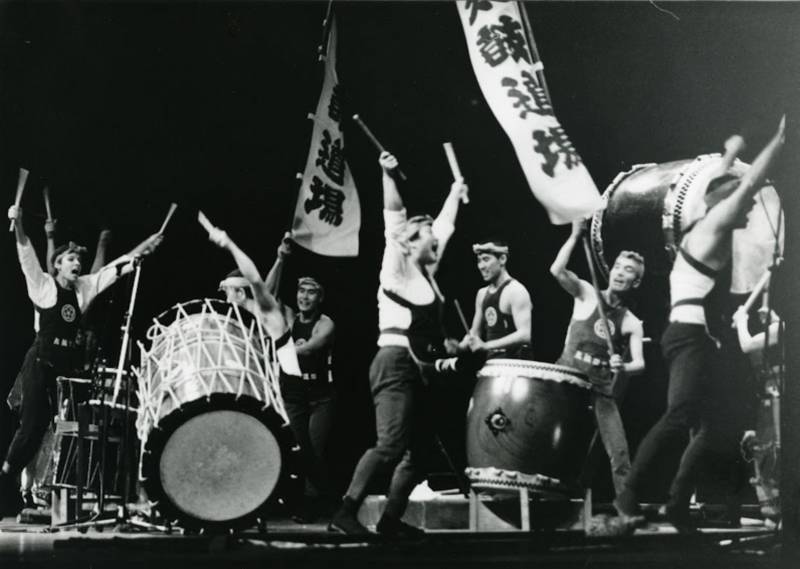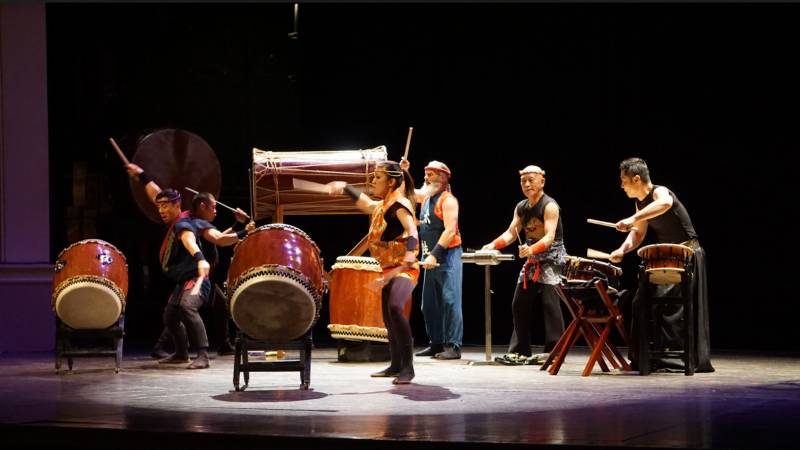For over 50 years, San Francisco Taiko Dojo has nurtured a love and appreciation for the traditional Japanese art form in the heart of the city’s Japantown district. But now, the dojo founded in 1968 by Grandmaster Seiichi Tanaka faces an uncertain future as new landlords have issued a steep rent increase that’s nearly triple the current studio rent, according to the dojo’s manager.
Once echoing with the strong rhythmic pounding of drums, San Francisco Taiko Dojo’s studio space now sits silent, its walls turning barren as members struggle to pack up years of equipment, including a collection of over 100 drums of varying sizes.
“I mean, we moved a lot of stuff and it’s barely made a dent,” says Ryuma Tanaka, Grandmaster Tanaka’s son and the dojo’s general manager.
As the first taiko group established in the United States, San Francisco Taiko Dojo was also the first to allow women to drum alongside men, and to admit non-Japanese members. Its traditional drum performances are a standby of festivals in Japantown and the performing arts in the Bay Area.

When Ryuma received a letter about the rent increase in May, he initially kept the news a secret from his father and other dojo members. He ‘fought really hard’ for the lease to be extended until August to allow for dojo members to practice for an upcoming memorial concert in Los Angeles’ Little Tokyo. Thinking it might be the group’s last performance, Ryuma stayed quiet about the rent increase, hoping members would be able to fully showcase their passion and skills to a larger audience outside of the Bay Area.


